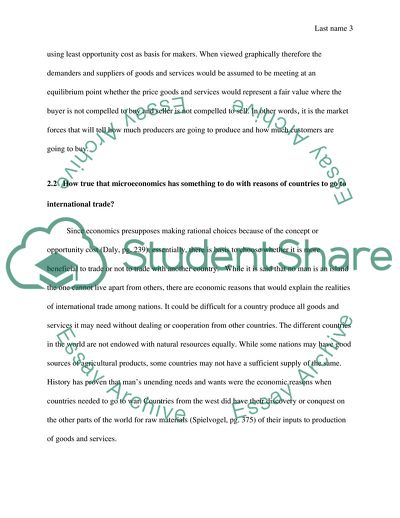Cite this document
(Using Microeconomic Policies to Benefit a Country Case Study - 2, n.d.)
Using Microeconomic Policies to Benefit a Country Case Study - 2. https://studentshare.org/macro-microeconomics/1761367-microeconomics
Using Microeconomic Policies to Benefit a Country Case Study - 2. https://studentshare.org/macro-microeconomics/1761367-microeconomics
(Using Microeconomic Policies to Benefit a Country Case Study - 2)
Using Microeconomic Policies to Benefit a Country Case Study - 2. https://studentshare.org/macro-microeconomics/1761367-microeconomics.
Using Microeconomic Policies to Benefit a Country Case Study - 2. https://studentshare.org/macro-microeconomics/1761367-microeconomics.
“Using Microeconomic Policies to Benefit a Country Case Study - 2”. https://studentshare.org/macro-microeconomics/1761367-microeconomics.


